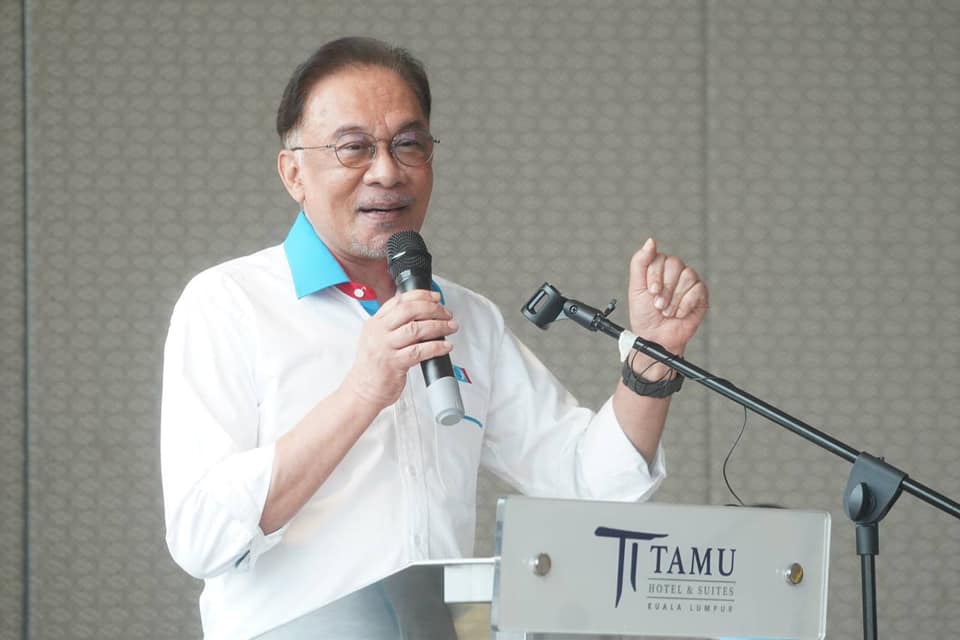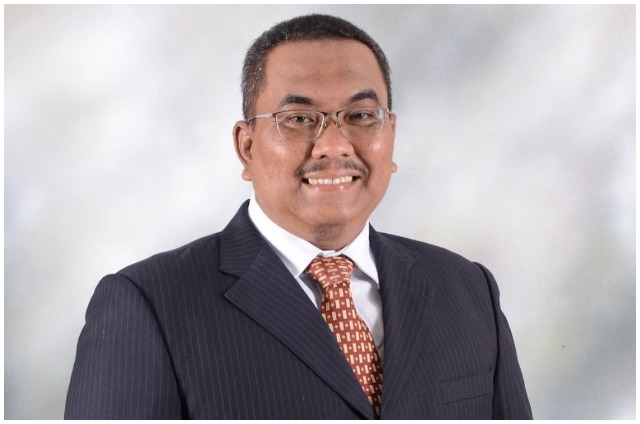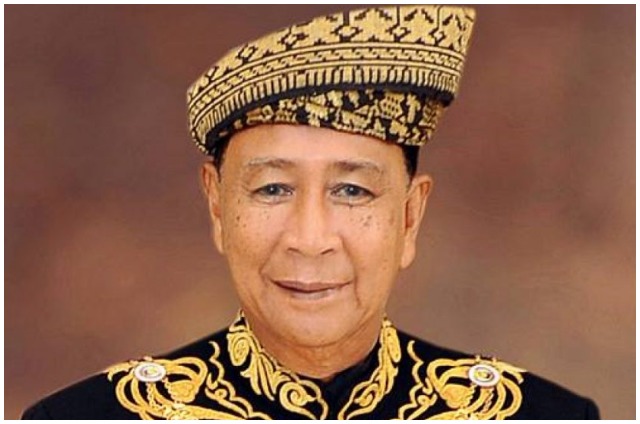ALOR SETAR, Aug 14 – When Datuk Mukhriz Tun Dr Mahathir took up his oath of office as the new Menteri Besar of Kedah on May 6 after Barisan Nasional (BN) wrested the state in the 13th general election (GE13), the people had high hopes he would bring developmental changes to the state.
This was because he was seen as a new leader from among Umno and BN leaders in Kedah after the state administration shifted to PAS and the opposition pact in the 2008 general election.
The administrative failure of the opposition parties after 2008 general election and the Mukhriz factor itself were seen by political observers as important elements in BN’s victory in GE13.


Now, after 100 days helming the administration in Kedah, Mukhriz was seen as slowly trying to exit from under the shadow of Dr Mahathir and be his own man.
Regardless, he was seen as not keen to hastily make changes in the state administration and in fact tried to retain several policies of the previous government which he deemed as good.
“Any change, if necessary, will take some time to review the current situation, before it is implemented,” Mukhriz told reporters at a media conference in conjunction with the 100 days of his administration, here today.
He said the state government would fulfil all Kedah BN manifestos or undertakings in GE13 with the pledges distributed among exco members to be implemented.
On the question of the state’s economy, he conceded that much needed to be learned as this was the first time he was holding a post at state level.
“Nevertheless, as a new man there are advantages because I am not shackled by old problems. I come with my own vision. I only see what is around me,” said Mukhriz who was previously a Deputy Minister at the International Trade and Industry Ministry.
He said one of the approaches taken was to set up the Kedah Transformation Laboratory to determine methods to develop the state so that it would not be left behind compared to other more developed states.
“Certain sectors in Kedah have existing advantages such as agriculture and tourism. We also want to see the city of Alor Setar develop more prolifically. So, these are among the matters which we are scrutinising. We will look at projects which can be carried out quickly and not requiring excessive spending. And those which can be planned for the short and long term,” he said.
Mukhriz said the Kedah state government under his administration would also stress on social justice so that every project implemented would benefit all the people of Kedah.
“Among them is the aspect of human capital. To implement projects, we, as much as possible, want to see Kedah-born with skills and meeting requirements, benefitting from the developments. In the best possible scenario, we want to see Kedah residents having the level of knowledge to fill vacancies to be involved in development projects,” he said.
Mukhriz said he endeavoured to foster good relations with the opposition and this was viewed favourably by members of PAS and UMNO.
“We have been fettered by political polemics for so long which have divided the community. Hopefully, both the government and opposition will play their roles but not to the extent of adversely affecting the interest of the people. There is no problem in the government and opposition having such a relationship,” he said.
On the two major issues afflicting the previous state government, namely, the problem of Kolej Universiti Insaniah (Kuin) and indiscriminate logging, Mukhriz said prompt action had been taken to overcome the problems.
“From the audit forensic report, many matters involving Kuin and Insaniah Holdings must be tackled with wisdom and are time consuming. Certain parties are unhappy but we always think of the community in Kuin as a whole.
“On the question of logging, we tackle (the matter) as quickly as possible. The excuse of implementing fruit orchards to totally log a large area has been stopped. What is left is selective logging. Only select two, three trees in an acre to be logged. In this manner, we protect the environment and it does not affect the water supply. This was done since we took over the state government,” he added.
– BERNAMA










